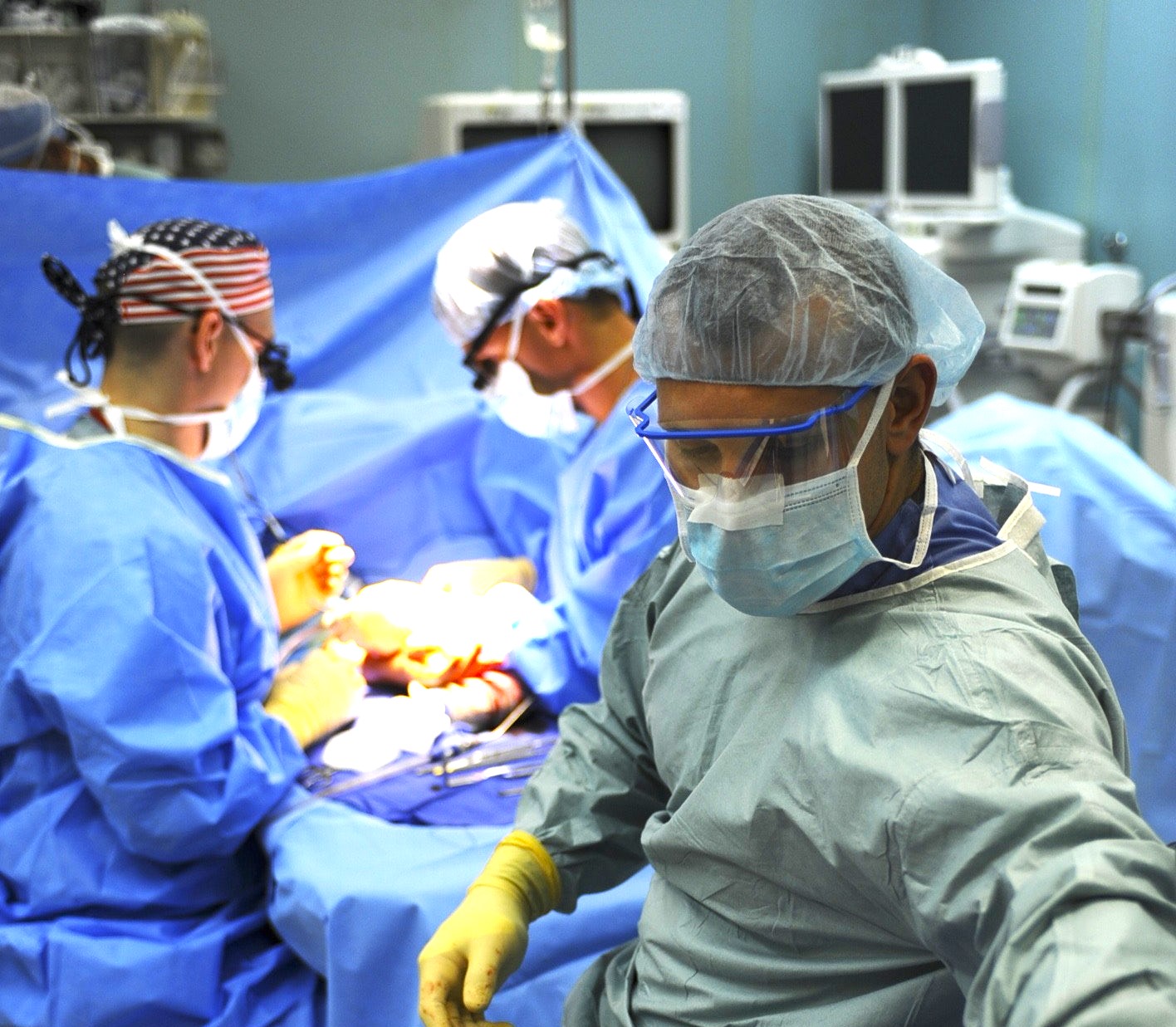Considering an Office-based Surgical Practice? Start here.
Healthcare in the US is demanding more office-based surgical practices. Let's get into how to start (or grow) one, and who can help.
The need for ambulatory surgery is exploding for both ASCs and office-based practices. This could not be a bigger boon for physicians considering starting an office-based surgical practice. Increasing costs, shrinking reimbursements, and ever-growing layers of red tape between surgeons and their patients in health systems have driven doctors around the country to look for innovative ways to optimize both revenue and their time. For many, the answer to all of the above continues to be moving surgeries out of a hospital and into their office.
Simply put, office-based surgical practices enable physicians to invest in themselves rather than giving up revenue to a hospital or surgery center where they have limited financial claim. Furthermore, physicians gain greater control over their schedule, and improved quality of life.
While the move to an office-based surgical environment may seem overwhelming, it certainly doesn’t have to be. There are many ways to protect yourself financially and liability-wise while taking advantage of everything the office-based surgical setting has to offer. Making sure that things are done correctly and methodically is key so quality of care and patient safety are never compromised. To get you started on the right path, following is a checklist of items to consider.
Accreditation.
The requirements for an office-based surgery practice vary by state, with some states having no requirements at all. To determine your state’s requirements, the Accreditation Association for Ambulatory Health Care (AAAHC) and Joint Commission on Accreditation of Healthcare Organization (JCAHO) publish these lists online.
Medical malpractice.
While not required by every state, liability coverage (AKA medical malpractice coverage) is highly recommended. Contact your insurance company to determine the cost of premiums for a medical malpractice insurance policy based on your specialty. Be prepared to provide them with as much information on your practice as possible.
Insurance carriers.
When negotiating with insurance carriers on rates, it’s important to get a financial breakdown of the internal costs for each procedure you plan to bring in office. Look at your payer mix and what insurance the specific patient-base you want to bring to your office surgical suite is. This information will enable you to conduct an in-depth analysis of what you will make from each carrier for these surgeries.
Build out.
While not necessary for every specialty, work with your accreditation consultant and/or medical device rep to understand whether a build out is required for additional space for an office-based surgical practice. For example, urology in-office procedures need larger equipment and, therefore, may require a larger room and wider hallways. Gastroenterology requires sterilization and other equipment such as gastroscopes and colonoscopes, so the planning and preparation is a bit more extensive.
Staffing and anesthesia.
Unlike hospitals and surgery centers, physician offices aren’t equipped with the personnel, resources, and certifications required for different levels of anesthesia. Outsourced anesthesia services are a popular solution to this problem. A turn-key outsourced perioperative anesthesia partner eliminates the need to recruit and pay for critical care trained pre-op and recovery nurses. They will also provide all anesthesia-related supplies, equipment, and medications which will minimize costs and headaches. If you plan to keep anesthesia in-house, liability, costs associated with who will provide the anesthetic, and how patient flow will be handled (i.e. pre-op and post-op recovery) are some of things that need to be considered.
Physicians must look for ways to make up for lost revenue and secure their long-term financial health, for surgeons and proceduralists, starting an office-based surgical practice isn’t just an option, it’s the path to regaining time to focus on patient care and reclaiming a personal life for themselves and the entire clinical team. There’s no reason to go it alone, though. Regardless of specialty, from gastroenterology through pediatric dental surgery, doctors in Illinois, Texas, or the Pacific Northwest, can contact Scope partner Anesthesia practices. They’re ready to help with every point on this checklist, and more.
Recent Posts 
The Critical Partnership Between the Clinical and Business Teams
Healthcare GDP is 9% of US GDP, 4th overall, weighing in at $2.3T. It’s also the largest source of government spending, at 28% of the federal budget (nearly doubling the DoD budget for the largest military in the world). Balancing clinical and quality of care requirements while also dealing with shrinking reimbursements and major consolidation...
Ambulatory Management Solutions Rebrands to Ambulatory Anesthesia Care (AAC)
One of the lynchpins of safe, effective surgery is exceptional anesthesia. Obsessive dedication to quality and dogged pursuit of innovation by groups like Mobile Anesthesiologists in Chicago, Noble Anesthesia Partners in Texas, and M2 Anesthesia, a pediatric dental anesthesia group in the PNW, are all part of a larger ecosystem of success. That success has...
Anesthesiologists Are Essential to Patient Safety
With the growth of ambulatory surgery, there are increased efforts to meet demand. One approach has been changing requirements on physician-anesthesiologists in the OR, including two bills up for consideration in Illinois, both removing the requirements for direct anesthesiologist supervision of CRNAs or other providers when delivering anesthesia (1 and 2). While CRNAs are an...

